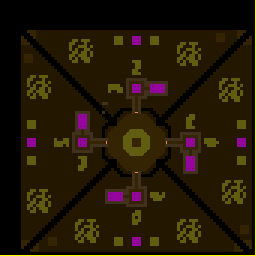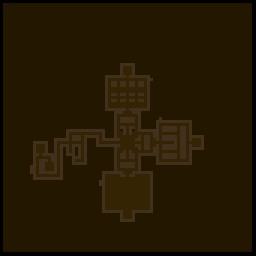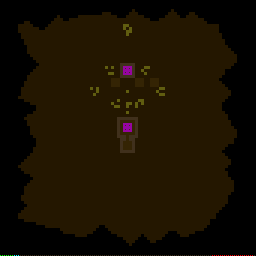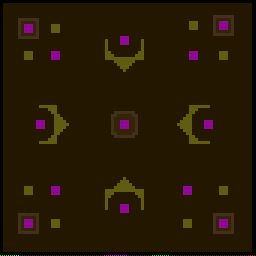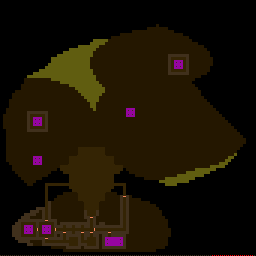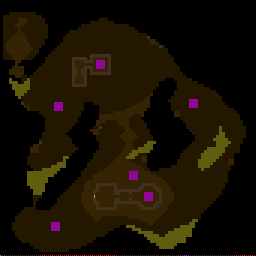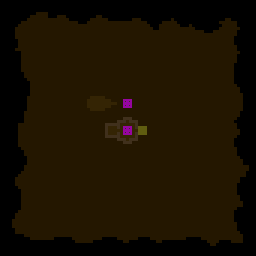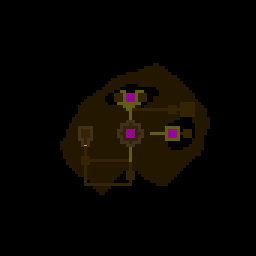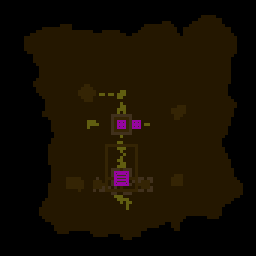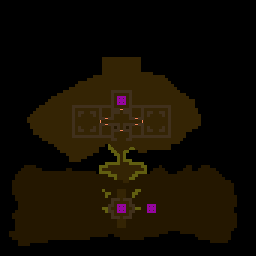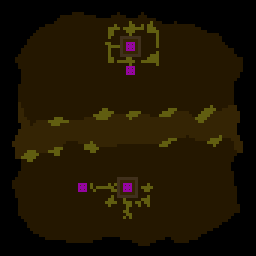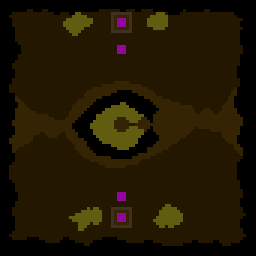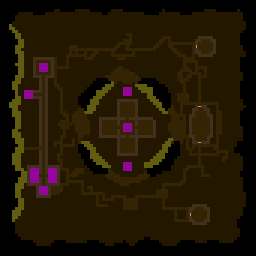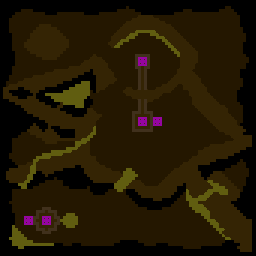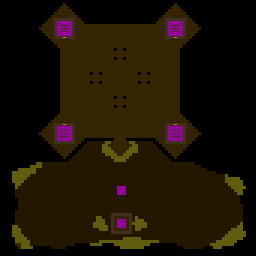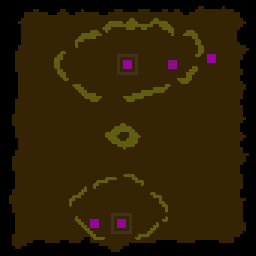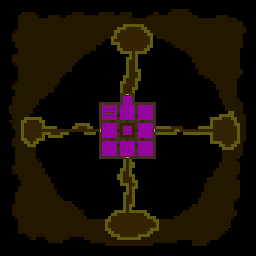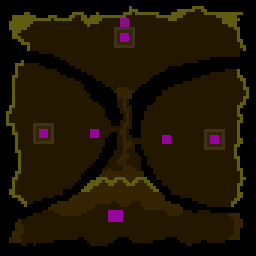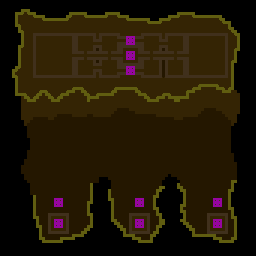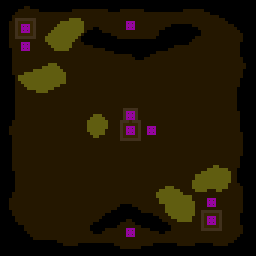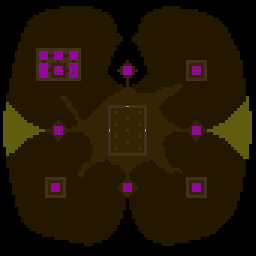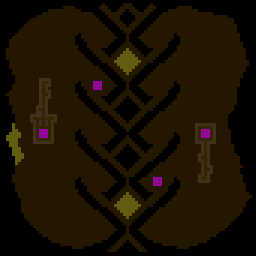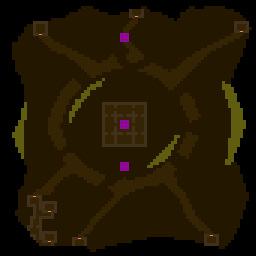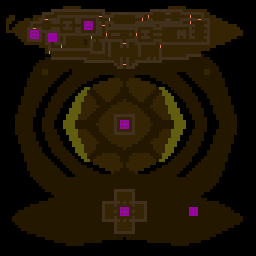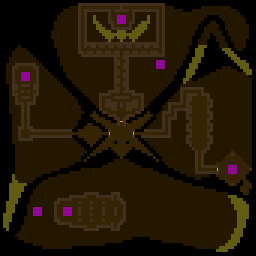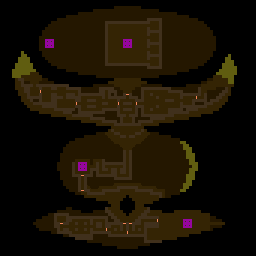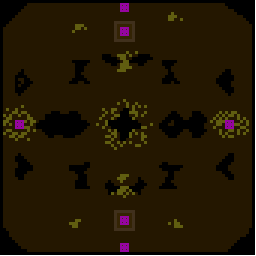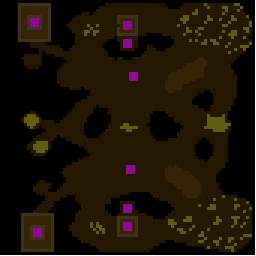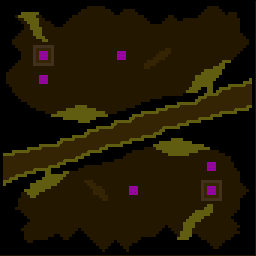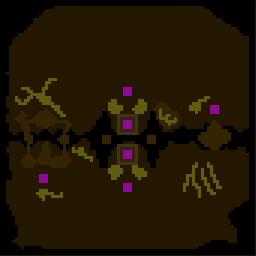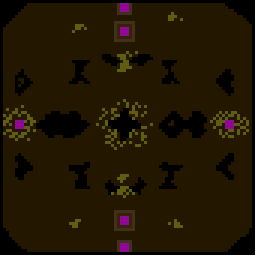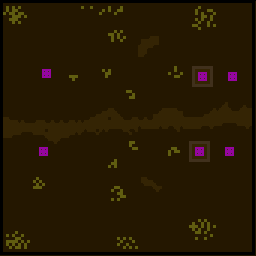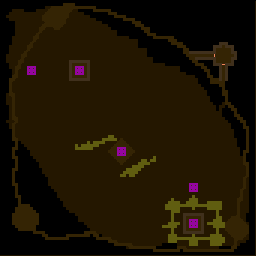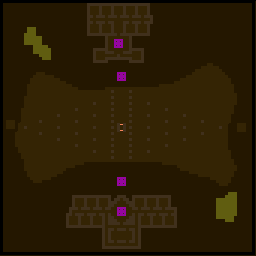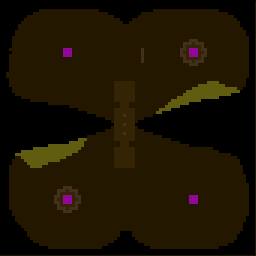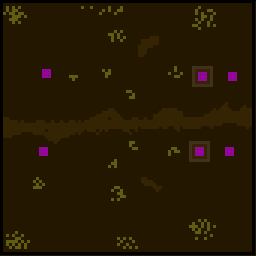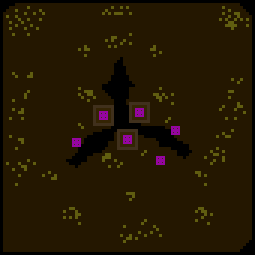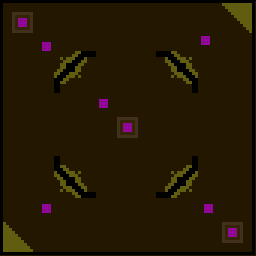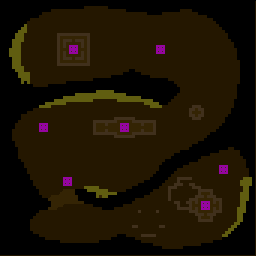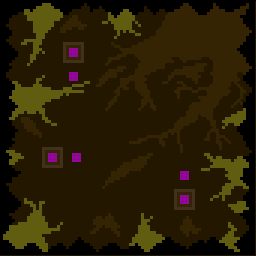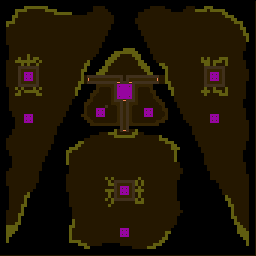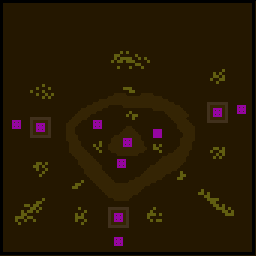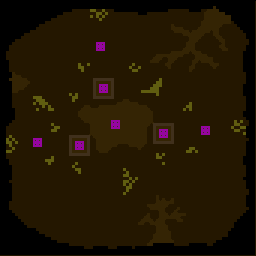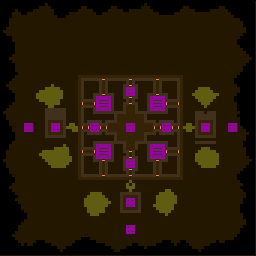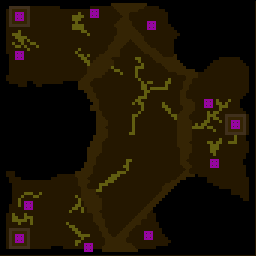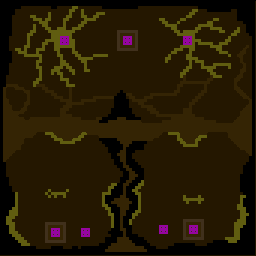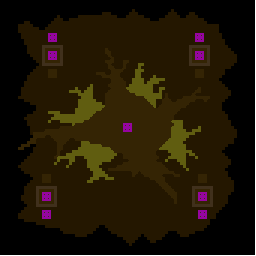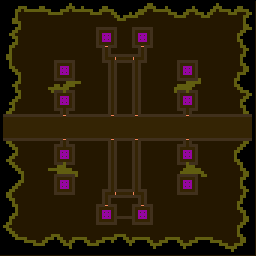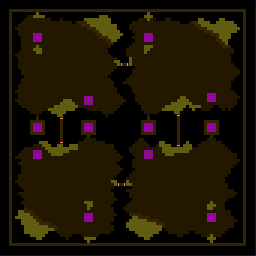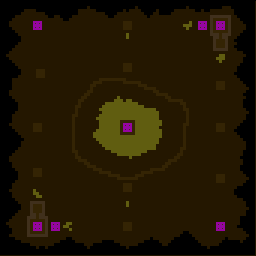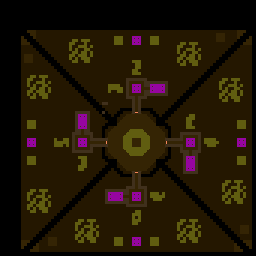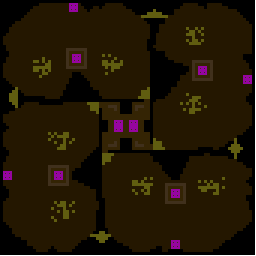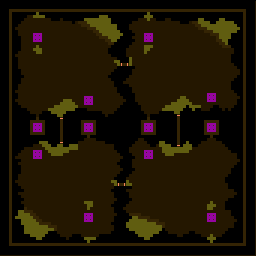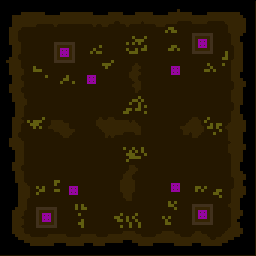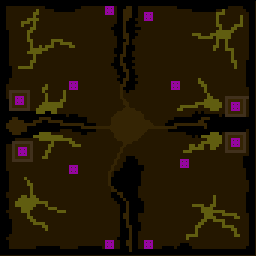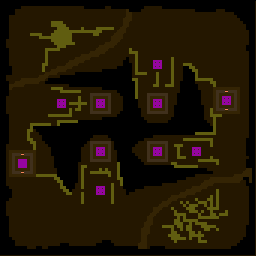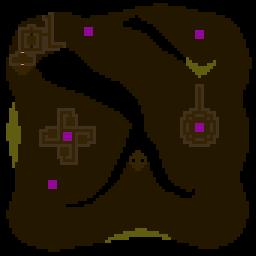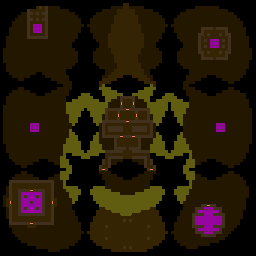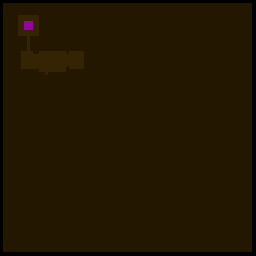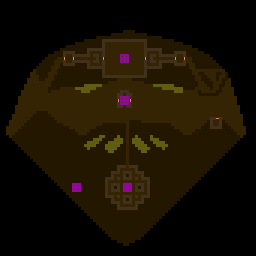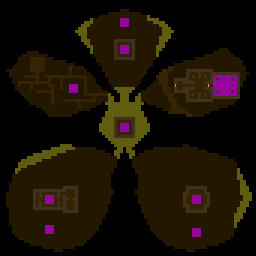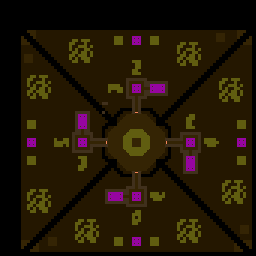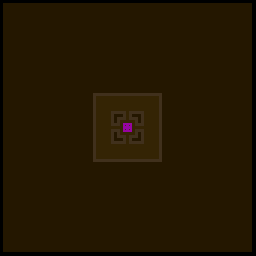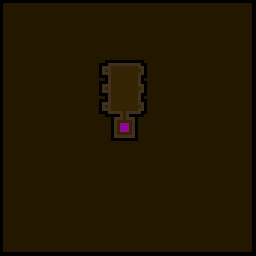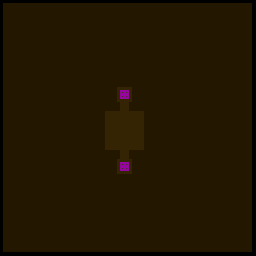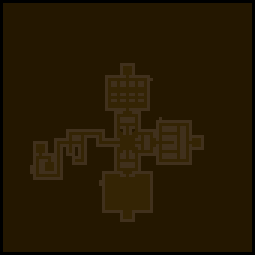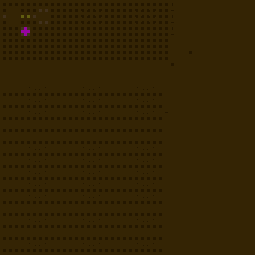Bullfrog Productions has made some fun games during it's time, and for me, none are more interesting than the Dungeon Keeper series. Despite having an M rating and released in 1997, it was my childhood PC game. I loved and adored it, although never was able to complete it back then.
Dungeon Keepers development was really interesting. There exists videos around, showcasing some of DK before it was released. The game was intended to be wildly different, and thus, there is a lot of cut content that still hasn't seen the light of day. The development of DK was so chaotic, one of the developers was contacted about a keeper spell that was in the code but not activated at all called "Time Bomb", and his response was "Until about 30 seconds ago I thought Timebomb was in the shipping game. Since it isn't, I'll tell you - you could turn imps into suicide bombers. Great fun!"
One interesting thing is the Dungeon Keeper CD. There is some... interesting files on there. Specifically looking at the Level Data, there are file formats that don't even get installed. Some are entirely ignored and not necessary at all for loading the Level. A good resource for looking at the filetypes of Dungeon Keeper levels and making maps is the
DK Map File Format Reference, which lists DOC, EFF, FLG, ORI, TMN, and VSN as files not required at all by the game. Additionally, it shows confusion for some of these, such as the FLG file format we are going to be talking about:
"No idea what it does yet. On first map, seems to be very similar to the slab file (when you've changed the format and key) but the path to the North/North West of the dungeon heart is in the wrong place. All rooms seem to have a distinguishing byte or so in the bottom right corner. Could this be an old slab format?"Turns out, whoever wrote that was on the right track.
Spoiler: FLG Map Previews
In the spoiler above are image renders of the FLG file format. This is an old column format from the looks of it, which means every tile is a 3x3. This is clear when looking at the last map (a test map), and the maps with rooms already present. You can clearly see where doors are, libraries, and odd corner dots on the heart and portal.
Additionally, these are very different from the release levels. Some being very close but not exact, others being entirely different. To make matters even more interesting, people have Prototype versions around, and we already have the maps from those versions to see, visible on
The Cutting Room Floor. Some of these levels have never been seen before or are very different from their Prototype/Release counterparts. It seems I struck gold. There are other file formats that are interesting too. For instance, there is a .CUB format which is probably the cubemap for columns (DK level design is very very flexible).
I still have a bit to do, but it's so strange how this mystery of this level file format wasn't solved for so long, and it could provide so much.
Code used for making FLG previews:
https://github.com/Wirlaburla/FlgKeeperA work in progress section on TCRF about FLGs is here:
https://tcrf.net/Dungeon_Keeper#.FLG_files
